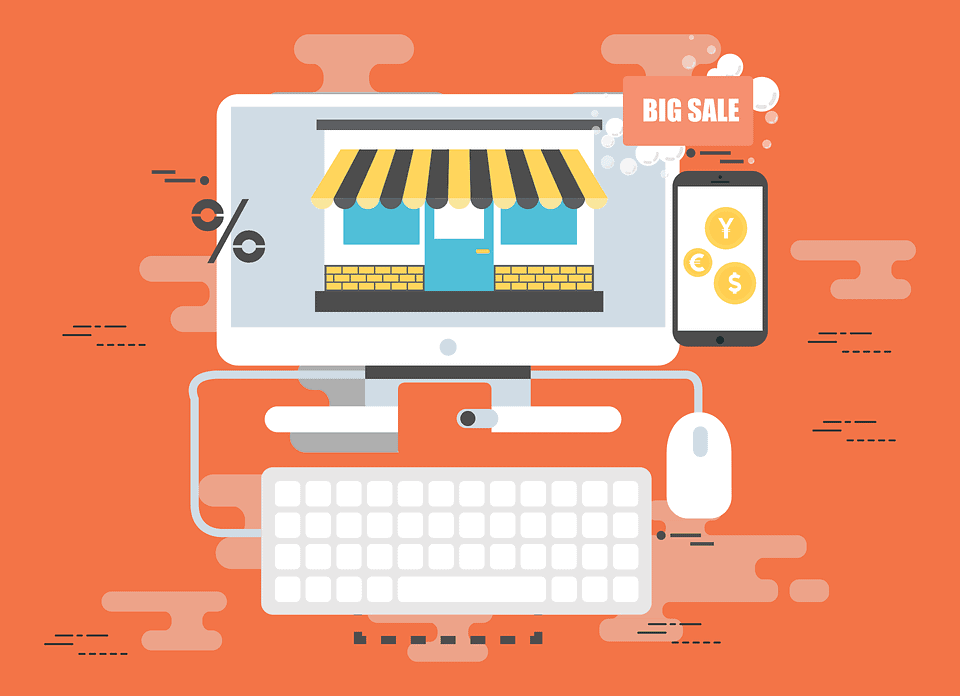According to Digital Commerce, ecommerce sales were 40% higher for the week of May 26-June 1 compared to pre-pandemic figures. However, looking week over week, ecommerce sales were down 8% for the week May 26-June 1 compared with May 19-25, after only increasing 1% week-over-week May 19-25 compared with May 12-18. This figure, according to fraud prevention vendor Signifyd Inc. could signal a plateauing of sales increases rather than a reversal of fortune as the pandemic goes on.
In Asia, ecommerce retailers also experienced a boom in sales as consumers under lockdown turned to online shopping. As a result, digital advertising solutions provider Criteo reported in their findings that more than 50% of consumers now had more plans to shop online as a result of the pandemic, compared to just 17% who said they would now make few digital purchases.
In Australia where ecommerce is dominated by eBay, Amazon, discount e-commerce marketplace Catch and fashion marketplace The Iconic, saw an increase in sales. According to Which-50.com, Australians patronized local retailers but sales with international merchants decreased.

According to NAB chief economist Alan Oster, “in month-on-month terms, all states and territories recorded online sales growth. ACT recorded the strongest growth rate in online retail sales in March, with NSW leading the major sales states. In year-on-year terms, all states except TAS and NT recorded double digit growth, with Victoria leading the large states”.
Markets that showed increased in growth included:
- Leisure and outdoor
- Auto parts
- Electronics
- Alcohol
- Comedies and collectibles
- Home décor
- General Merchandise
Apparel and luxury items experienced volatile sales during the peak pandemic months. Since Covid-19 became widespread in the west, the market experienced a 15% decrease during May 26-June 1 in online sales but still up 20% up compared to pre-pandemic numbers. Luxury goods are down 11% week over week, but still up 24% compared with before the pandemic.
Aside from online shopping, buy online pick-up in store (BOPIS) orders also increased especially for home improvement merchants. This is because many people are still afraid to go to physical stores but at the same time also need to purchase items. BOPIS allows them to access goods while limiting their contact with the outside world.
The covid-19 pandemic has changed not only the way we do business but consumer behavior as well. It is interesting to see how consumers will change again as the pandemic subsides and how it will impact ecommerce and brick-and-mortar sales.
The post Covid-19 Pandemic Impact On Ecommerce appeared first on Creativ Digital.
from Creativ Digital https://ift.tt/3edr7m0
No comments:
Post a Comment